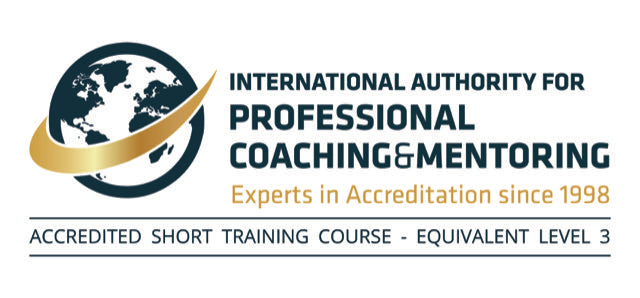Exam revision tips for an extra stressful year
Revising for exams is a skill we make much use of during our education. Having some surefire techniques to tackle exams during a year as confusing as 2020, with missed teaching and the struggles of adapting to online learning, will be vital. Here are 5 tips and tools to help you overcome common obstacles to exam success.
1. Motivational issues
Lacking motivation to do well in exams tends to contribute to idleness, boredom and procrastination. So, to avoid these common traps, work out what is motivating you to do well in your exams! Try to devise motivators that are positive and person to you, rather than ones based on fear. These might include that you want to have options about which course you get into at university, or that you are going to reward yourself after the exams.
It is also essential that you overcome self-limiting beliefs about what you can and cannot achieve - a more helpful approach is to be rational and optimistic when telling yourself what you might be capable of achieving. Be realistic with your goals and then do your best to accomplish them.
2. Disorganisation and lack of planning
This is one of the most common pitfalls leading to less success in exams. Diarising important dates, preparing a clear and realistic revision schedule, maintaining a tidy workplace and being organised with your notes and revision summaries is key.
Be sure to also take note of the time and location of your exam, and prepare everything that you will need in advance, including clothes, your pencil case, and any specialist items you might need such as a calculator.
3. Ineffective revision techniques
Before you start the bulk of your revision, review each topic to see if there are any holes in your notes or understanding. Sorting out any such gaps in knowledge before you start is a much more effective strategy than leaving it to the last minute.
Becoming engaged and interested in your subject is also very helpful to make the learning process exciting and help you maintain your focus when revising. If you find a subject boring, try spending time with people who are passionate about it, or find a niche area in the topic that you find especially fascinating.
Be selective about the information you note down - your revision should take the form of summaries, which reduce a large amount of information into something bite-sized, manageable and easier to remember and apply in an exam. Flash cards and Post-It notes are good resources for doing this.
Practising past papers is also one of the best ways to revise. It is like a trial run for the real exam, giving you the best understanding of timings, the kinds of questions you might be asked, and perusing the mark scheme will also give you a great idea of what the examiners are looking for.
4. Poor working environment
Working out what works best for you in terms of your optimal working and learning environment is simple but effective in aiding concentration and reducing distractions. Ask yourself: do you work better with natural light or artificial light? In your bedroom, library or somewhere else? With background noise, music, or silence? By yourself or with others? Then, do your best to create your optimal working and learning environment. Near enough is good enough.
Having low energy can also contribute to poor exam performance. Make sure to look after your basic needs in the lead-up to exams: get enough good quality sleep, eat regular, healthy meals, stay hydrated, take breaks and have rest and downtime, have fun with friends, and take part in regular exercise.
5. Stress, worry and overwhelm
Feeling stressed about exams is usually a natural response to the pressure of performance. To mitigate this, try viewing stress as a motivating force rather than a burden. Stress helps you to stay focused and work hard, and it is what helps you to perform well under pressure. For more tips on this, check out our piece on stress management here.
Written by Ella Dane-Liebesny and Rachela Leonello.


